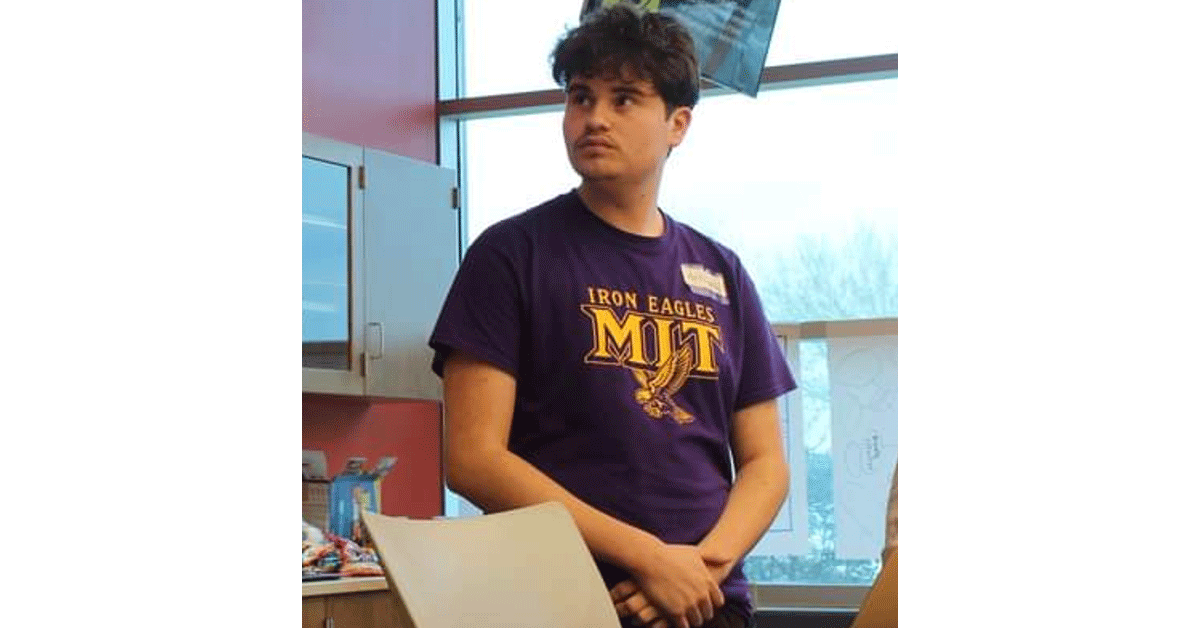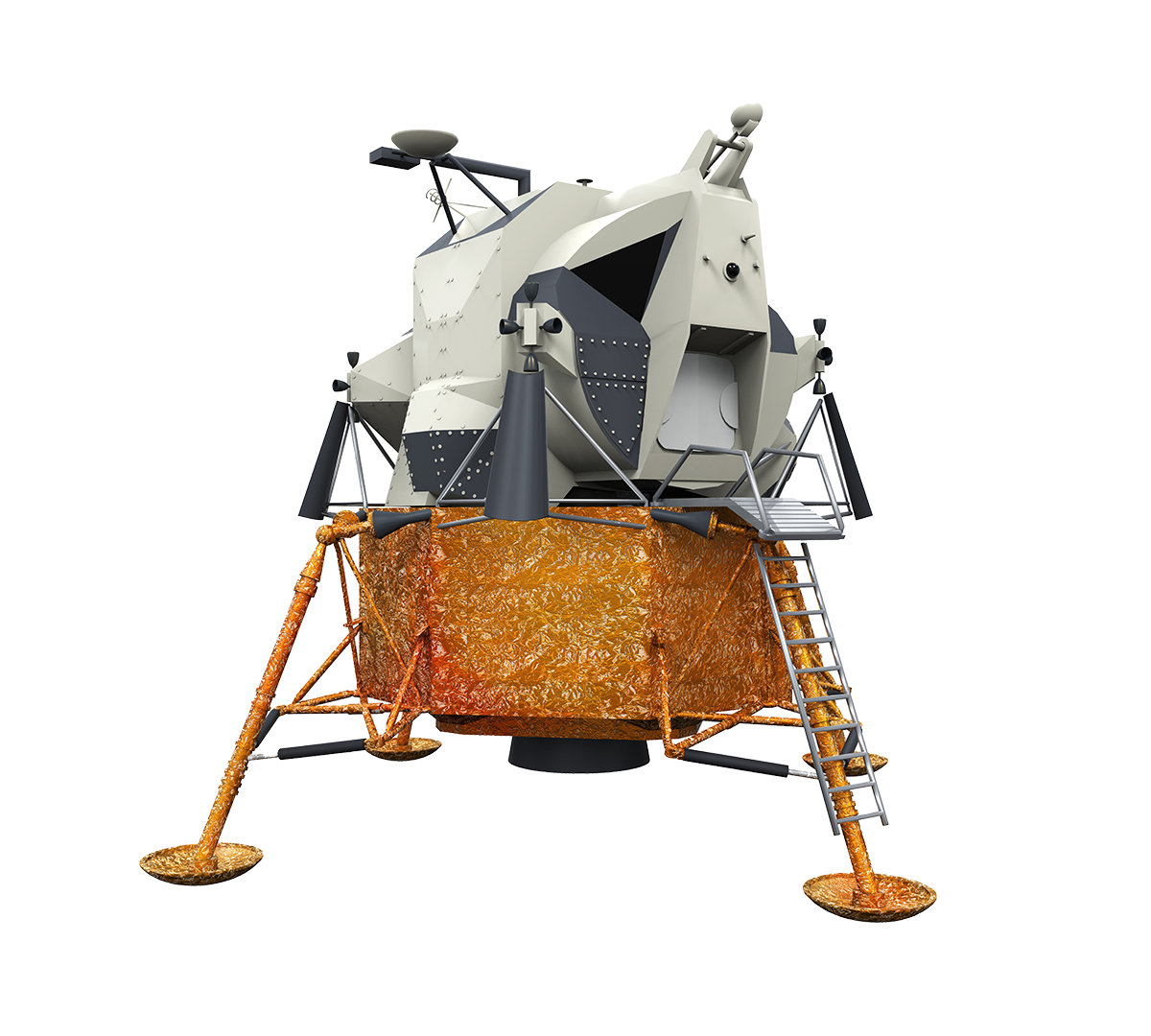It was my junior year of highschool, and I had just finished a day of school and walked towards my car and drove — until my principal walked in front of my car and stopped me. She asked me if I was interested in space and that there would be a competition held at the school; I agreed and signed up with my friends. It was almost impossible to get out of bed as it was a weekend, and I was exhausted from the school week, so, in other words, it felt like a chore or additional work. However, once we had formed the teams and discussed ideas regarding the experiment — the ground zero for what would eventually become the final idea, I was ecstatic to show up each day from the three-day competition as the flow of ideas ultimately made our experiment aligned with the parameters necessary for it function in a zero-gravity environment.
I think that was the major cornerstone of our thought process as the project would need to be done in space in a manner that it cannot be repeated on Earth in respect to the valuable data it may provide. We had thrown away countless potential ideas as they could all be done on Earth. There was absolutely no need to send these failed ideas to space; we talked about how, in reality, it would be a major waste of time, effort, and especially funds to send our work-in-progress ideas.
The lectures given by Dr. Don Thomas and Michelle Lucas were very touching, especially with the idea of picking oneself back from rejection time-and-time again to truly achieve one’s own goals. To continue to pick and learn new skills to become the best possible candidate one can be completely driven by determination and persistence.
Our team would spend a significant amount of time outside the competition researching characteristics of space that we could integrate to the functionality of experiment. It is important to note that we had a tremendous amount of support from former astronaut Dr. Don Thomas and Michelle Lucas from specific questions regarding our project or general questions to feed our interests in space. They were extremely helpful as their guidance and expertise directed our experiment in paths that would plug the holes in our research and knowledge of space.
In almost every STEM or humanities class, the emphasis of collaboration is drilled into every student. Group projects in particular have always been a hit-or-miss as it is never completely certain that one can depend on other individuals to do their part or participate which enables this fear or dread of group work that I, myself, have felt. This Go For Launch Competition completely altered my way of viewing group work and collaboration as the key ingredient to success or walking away from the work with confidence and a smile is passion. Everyone in my group—in one way or another— had an interest in STEM and space which culminated in discussions that were aimed at figuring out the problem at hand: the experiment.
We had figured it out! The missing piece of the puzzle was that cosmic rays from space are random which meant that this experiment would have a significance beyond what could be repeated here on Earth. We gave our presentation. We were notified that we were finalists and had one last obstacle.
We wrote the synopsis with our final touches to the experiment and a plethora of explanations to remedy any possible confusion. We were terrified.
In mid June of 2023, we were notified that we were one of the winners. A massive weight off our shoulders. Our hard work had paid off.
Words cannot describe how excited I am to view the launch. It is a once-in-a-lifetime opportunity, and I am extremely grateful and proud of our team. To be in view a marvel of engineering that is rocket science is indescribable.
Written By – Anthony Quezada-Arjón

